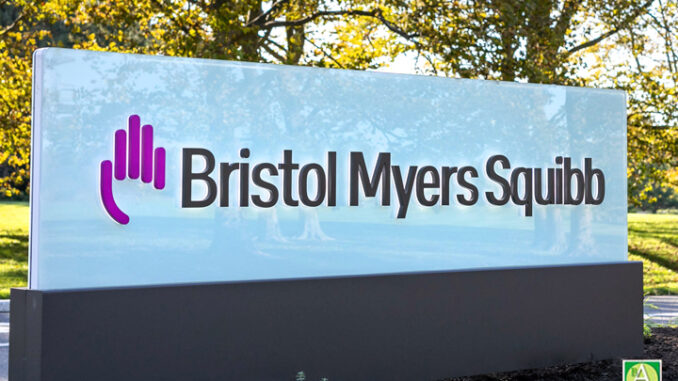
Report by Paula Antolini, August 23, 2021, 3:16PM EDT
(Hartford, CT) — August 17, 2021 — Attorney General William Tong announced a $75 million settlement today between today states and the federal government resolving allegations that Bristol-Myers Squibb Company overcharged the state Medicaid programs for drugs. The investigation resulted from a qui tam action filed in the United States District Court for the Eastern District of Pennsylvania under the federal False Claims Act and various state false claims statutes. Bristol-Myers Squibb is a New York-based pharmaceutical manufacturer. The Connecticut Medicaid program will receive $1.3 million through the settlement.
“Bristol-Myers-Squibb wrongly withheld millions of dollars in rebates owed to state Medicaid programs. This national settlement will return $75 million back to the states and federal government, and should serve as a strong deterrent to any company seeking to unlawfully shortchange our public healthcare programs,” said Attorney General Tong.
“This $75 million national settlement shines a light on how taxpayer-financed Medicaid programs, by federal law, are supposed to receive significant rebates from drug manufacturers. The settlement is a positive development for Connecticut and other states, and a reminder that manufacturers need to scrupulously observe the protocols and processes governing the rebate amounts,” said Department of Social Services Commissioner Deidre S. Gifford, whose agency administers Medicaid in the state.
“Bristol Myers Squibb’s actions resulted in the company improperly withholding Medicaid Funds needed by our most vulnerable state residents,” Chief State’s Attorney Richard J. Colangelo, Jr., said. “This collaborative investigative effort between the Attorney General’s office, the Division of Criminal Justice and federal agencies sends a clear message that the improper diversion of Connecticut Medicaid funds will not be tolerated and will result in serious consequences from civil fines, as shown in this case, up to and including possible criminal charges.”
Specifically, these settlements resolve allegations that Bristol-Myers Squibb underpaid drug rebates owed to the states. Under a federal law known as the Medicaid Drug Rebate Program, drug manufacturers must periodically return a portion of the amount paid by state Medicaid programs for the manufacturers’ drugs. The rebate program is designed to ensure that states pay competitive prices for drugs, and the rebates for a manufacturer’s drugs are calculated based on a percentage of the average prices drug wholesalers pay for each of the drugs. This average price, which the manufacturer reports to the federal government, is known as the Average Manufacturer’s Price or “AMP”. The greater the AMP reported by the manufacturer, the greater the rebate the manufacturer must pay for that drug.
The whistleblower’s complaint alleged that Bristol-Myers Squibb improperly treated certain fees paid to wholesalers as “discounts,” and improperly failed to include certain “price appreciation” amounts it received from wholesalers in its AMP calculations, and that the effect of these accounting practices was to falsely decrease the AMP the companies reported to the federal government and improperly decrease the rebates paid to the states. The claims resolved by the settlement are allegations only; there has been no determination of liability.
A National Association of Medicaid Fraud Control Units (NAMFCU) Team participated in the investigation and conducted the settlement negotiations with Bristol-Myers Squibb on behalf of the states and included representatives from the Offices of the Attorneys General for the states of California, Florida, New York, North Carolina, and Texas.
Paralegal Specialist Orlean Woodham and Assistant Attorney General Gregory K. O’Connell, under the supervision of Deputy Associate Attorney General Jeremy Pearlman, Chief of the Antitrust and Government Program Fraud Section, assisted the Attorney General with this matter.
###
